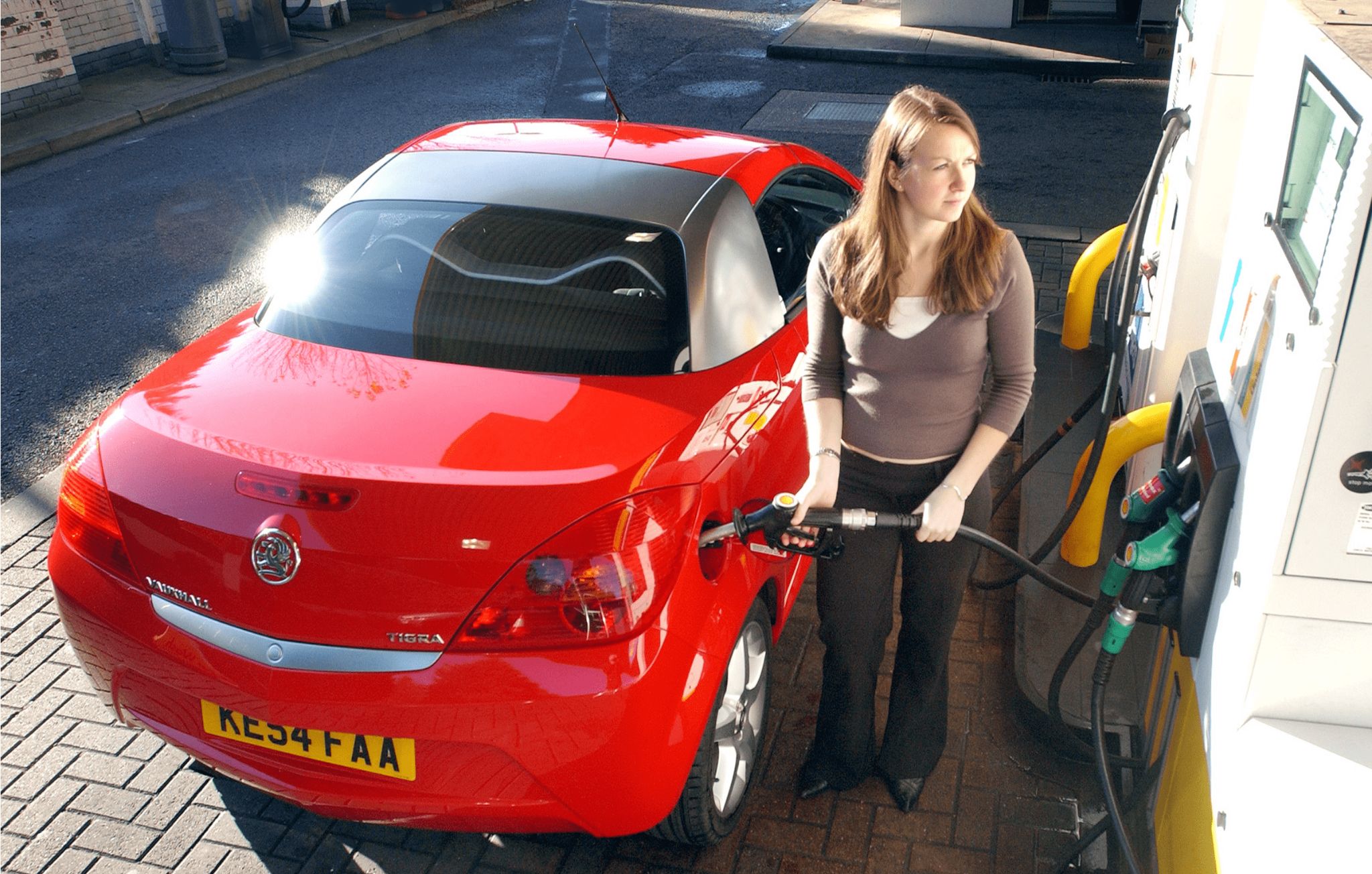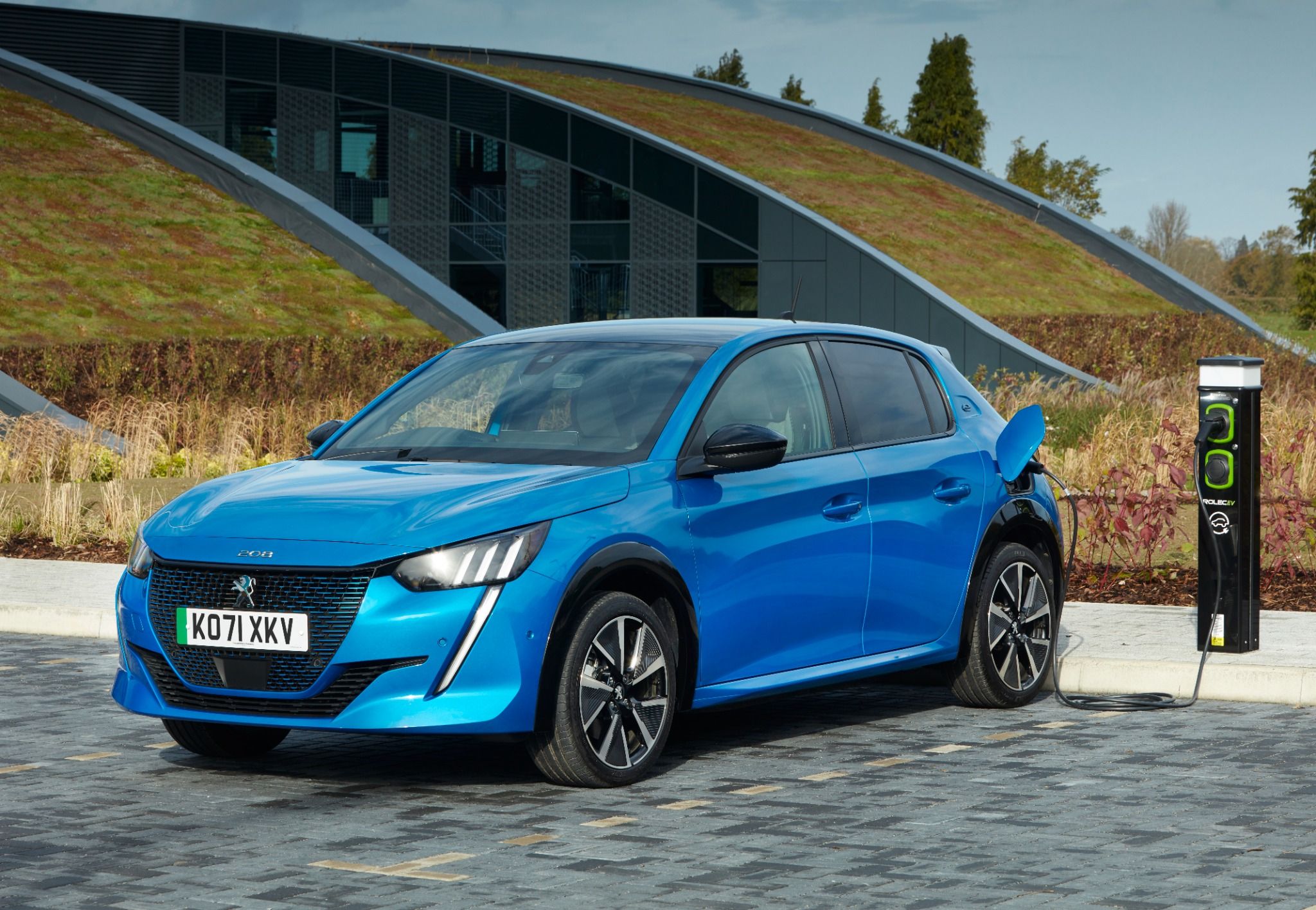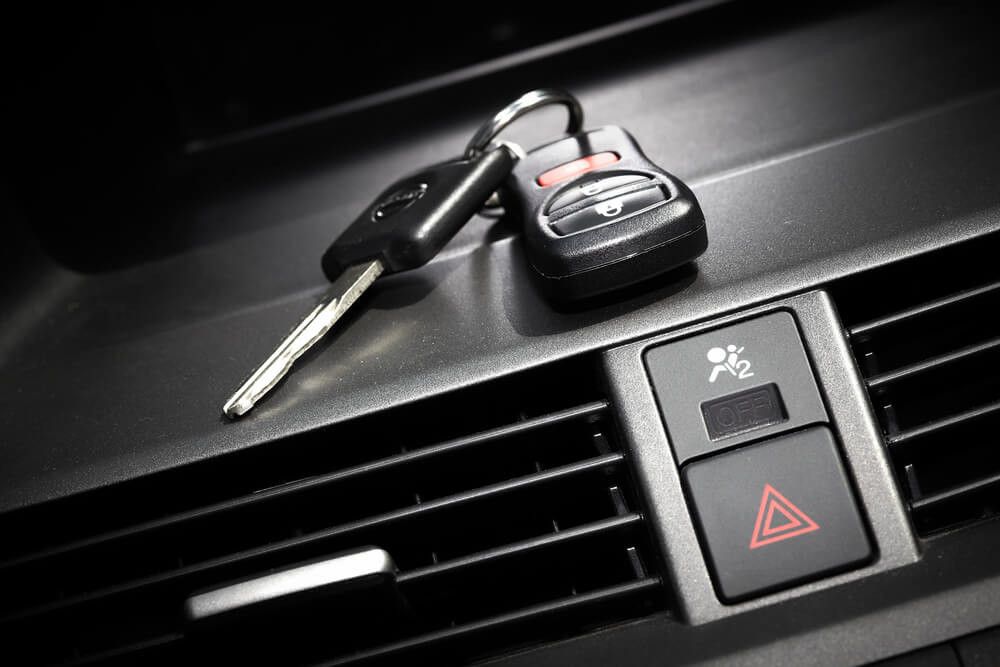As we step into the era of electric driving, the motor industry is transforming. Governments worldwide are setting ambitious targets to combat climate change, and one burning question lingers on the minds of many car owners: “Should I sell my petrol car before 2030?”.
The environmental problems of petrol cars
When it comes to considering whether or not to sell your petrol car before 2030, one of the main reasons is associated with their significant environmental impacts, and how they contribute to air pollution, greenhouse gas emissions, and the far-reaching consequences these have for the planet. Taking this into account, it may be a good idea to explore more eco-friendly options.
Air pollution
Petrol cars release various pollutants into the air, including:
- Nitrogen oxide (NOx)
- Particulate matter
- Volatile organic compounds (VOCs)
All of these pollutants have detrimental effects on air quality and human health, and several studies over the years have linked vehicle emissions exposure with respiratory problems, cardiovascular disease, and even premature death.
Greenhouse gas emissions
Burning petrol in car engines produces carbon dioxide (CO2) and other greenhouse gases which trap heat in the Earth’s atmosphere and lead to global warming and climate change. In fact, the International Energy Agency (IEA) noted that in 2021, the transport sector accounted for 37% of CO2 emissions.
Understanding the environmental impact of petrol cars highlights the urgent need for a transition to cleaner alternatives, and selling your petrol car before 2030 can play a vital role in reducing air pollution, combating climate change, and creating a more sustainable future.


The UK Government’s EV Initiative
The UK is one of many countries around the world to have placed a ban on the sale of new petrol and diesel cars. Announced in 2020 and set for a decade later, this plan is a crucial part of their strategy to tackle climate change and achieve a ‘Net Zero’ carbon emission goal by 2050.
The ban aims to accelerate the adoption of electric vehicles (EVs) as a cleaner, more sustainable alternative to combustion vehicles and a more sustainable automotive industry as a whole.
EV technology has advanced significantly in recent years, making EVs a much more viable alternative to traditional combustion cars. Governments are starting to recognise the potential of electric mobility to change the transport sector, create jobs in the clean energy sector, and foster technological innovation.
Advantages of selling your petrol car before 2030
Although the idea of a ban on traditional cars can be a daunting one, there are actually several advantages to it, which could make the decision to sell your petrol car before 2030 an easier one.
1. Cost savings
The reduced cost of fuelling an EV is a notable point in their favour. Electricity is generally cheaper than petrol or diesel, and charging your EV compared to refilling your combustion engine will result in major savings over the years. The maintenance of an EV engine is typically cheaper due to having fewer parts to service or replace.
And this isn’t even mentioning the incentives brought on by governments and local authorities to encourage wider EV adoption, including financial subsidies, tax credits, and more.
2. Improved driving experience
Electric motors deliver instant torque, providing quick, responsive acceleration which can enhance the driving experience, particularly in city driving and during overtaking manoeuvres. EVs also produce minimal noise compared to petrol cars, resulting in a quieter, more serene driving experience.
3. Reduced maintenance
As briefly mentioned, EVs have fewer moving parts compared to petrol cars whose engines house an array of pieces that suffer from wear and tear over time. For the EV driver, this means lower maintenance requirements and further savings.


Considerations for keeping your petrol car
While selling your petrol car before the 2030 cut off date and transitioning to an EV may seem logical now, there are still some considerations that might make holding onto your petrol car a viable option for you.
1. Charging infrastructure
Concerns about whether there is enough infrastructure to support EV charging plays a role in deciding whether to transition to EV cars. Though networks of charging stations are growing rapidly by the day, certain areas have more limited access, and if you frequently travel long distances or live somewhere with inadequate charging spots, range anxiety could become a genuine concern.
2. Longevity of petrol vehicles
Petrol vehicles have a long-established infrastructure supporting maintenance and repairs. If you have a well-maintained and reliable petrol car, you might find it financially suits you to keep using it until the end of its lifespan before making the transition. Like many major financial decisions, you’ve got to evaluate the long-term costs before many other things.
So, should you sell your petrol car before 2030?
Whether or not you sell your petrol car before this looming 2030 date is multifaceted and dependent on lots of important factors that impact you - the driver - the most.
Ultimately, you should evaluate your own circumstances, driving habits, and priorities to make the best decision for yourself, your lifestyle, and even your family. Consider things like financial feasibility, charging infrastructure availability, and your own commitment to reducing carbon emissions.
And if you do decide to sell your petrol car, then Sell 2 Swansway are here to help you every step of the way with:
- An easy online car valuation process
- 7-day guaranteed quote on your car
- Hassle-free collection and instant payment into your account
There’s never been a better, more convenient time to sell your car online with Sell 2 Swansway. Get your free, instant offer today without ever having to leave the comfort of your home.